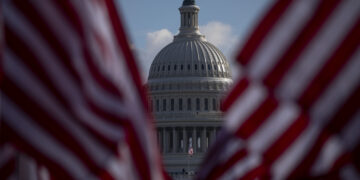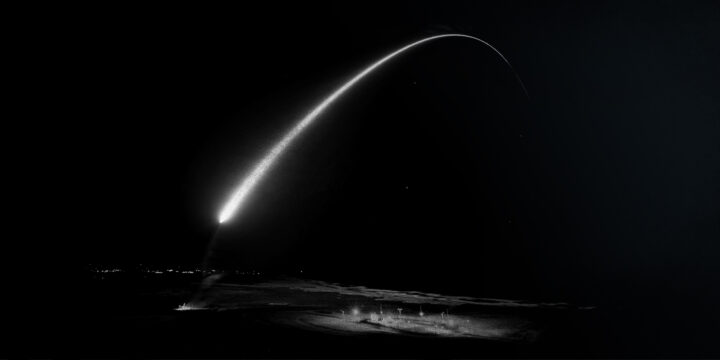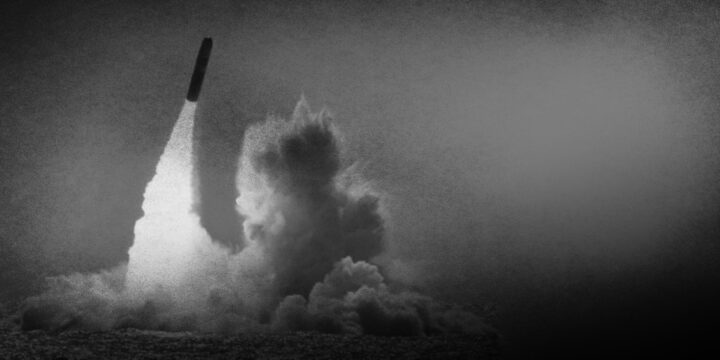July 31, 2024
Why U.S. arms control efforts are failing
By Matthew Mai
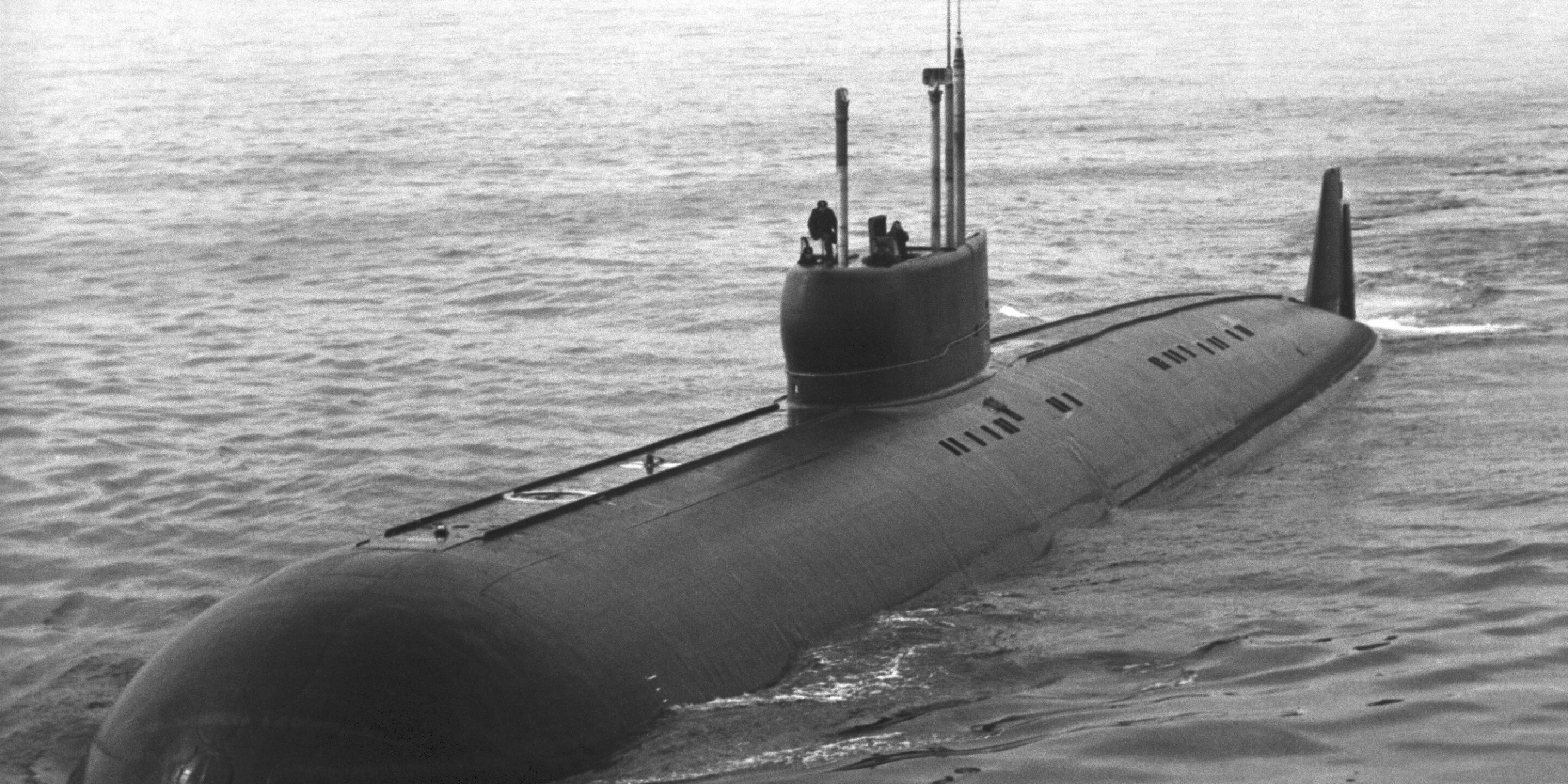
Prospects for arms control among the world’s nuclear-armed great powers are growing worse by the day. Last week, China announced that it was halting nuclear talks with the United States over the latter’s arms sales to Taiwan. The discussions were unlikely to lead to any substantive results, but it is another sign that U.S. efforts to “compartmentalize” nuclear issues by de-linking it from the geopolitical rivalry driving U.S.-China competition are failing. The same dynamic is at play in U.S.-Russia relations. After renewing the New START treaty in February 2021, Russia suspended its participation last year, citing U.S. support for Ukraine and its aim of inflicting a “strategic defeat of Russia.”
U.S. arms control policy is not making headway for several reasons. All three countries are executing generational nuclear modernization programs to update their Cold War-era arsenals. China is also disinclined to negotiate limits to its nuclear arsenal before it reaches parity with the United States. But more important is the fundamental difference between the United States, and China and Russia in how they approach arms control policy.
The United States is attempting to separate nuclear issues from other disputes, the logic being that its great power adversaries still have an overriding interest in upholding strategic stability even when relations are poor. Conversely, U.S. adversaries view nuclear weapons as competitive tools that are integral to geopolitical competition. China and Russia will not make concessions on arms control if U.S. policies and behavior that encroach upon their core interests are not addressed.
The current trajectory of great power relations is already leading to increased tensions in the nuclear domain. China and Russia both have reasons to use nuclear weapons to attain a risk-taking advantage when faced with a conventionally superior foe. In East Asia, there is a high possibility China would resort to nuclear escalation if a conflict over Taiwan involving the United States broke out. Russia has successfully used its “nuclear shield” to ward off NATO intervention in Ukraine by issuing credible threats to escalate the conflict. In both cases, nuclear escalation risks are tied to geopolitical developments that implicate core Chinese and Russian interests.
More on Asia

By Jennifer Kavanagh and Dan Caldwell
July 9, 2025
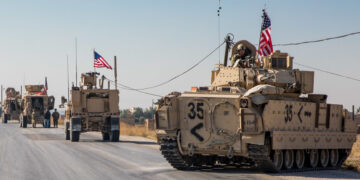
Featuring Jennifer Kavanagh and Dan Caldwell
July 9, 2025
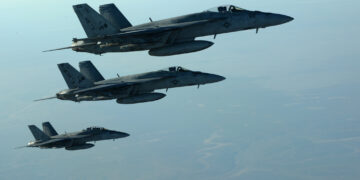
Featuring Lyle Goldstein
July 4, 2025

